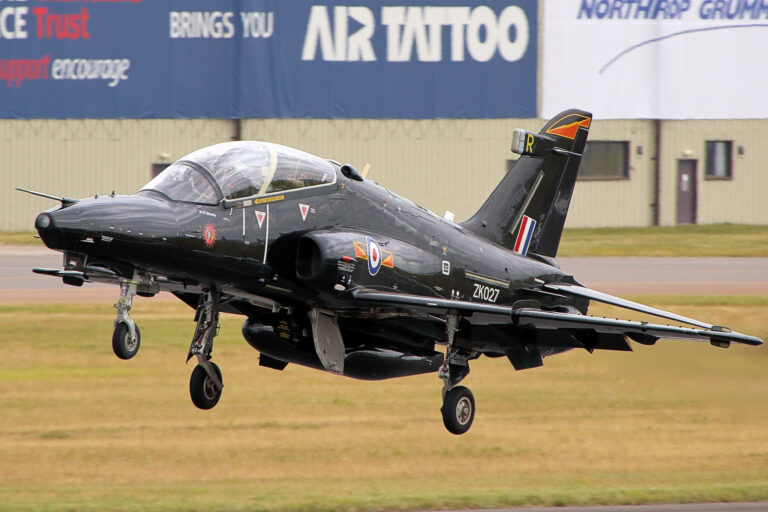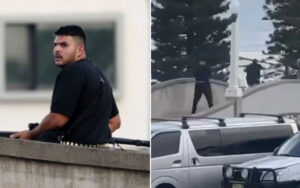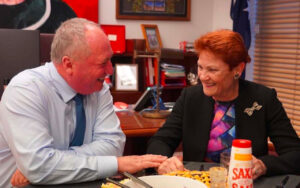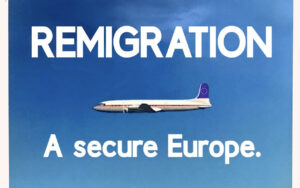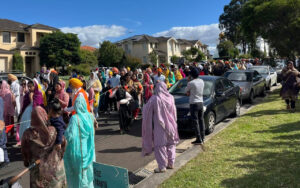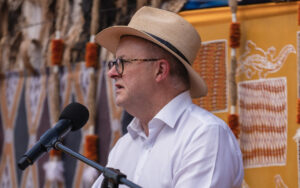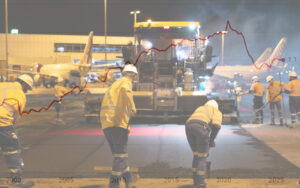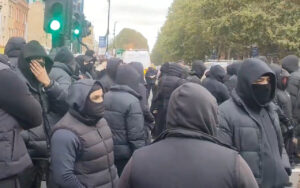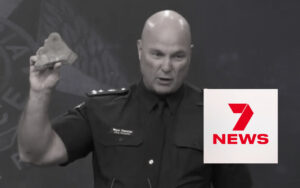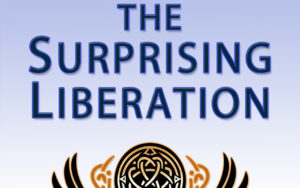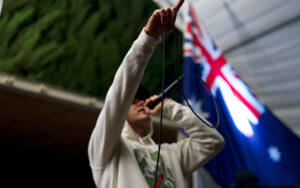Britain has been forced to spend millions training Royal Air Force pilots overseas because of problems with its trainer aircraft fleet.
More than half of the British-produced Hawk T2 jets are unavailable as they “blow up” if flown for too long, RAF sources told The Times.
The Ministry of Defence is now spending about £2 million per pilot for training in the US and Italy – amounting to £55 million over the next three years, on top of the £5.4 million spent training each flyer on home soil.
An RAF source revealed in January last year that the entire fleet of Hawk T2s were grounded after engines exploded on the runway at RAF Valley in North Wales.
An issue was later identified with French-supplied engine blades, but it then emerged that the same fault was reported within the Rolls Royce engines almost a year earlier, meaning each jet could only fly for 1,700 hours instead of 4,000.
As a result only 8 of the 28 training jets are available on a daily basis – 12 fewer than the 20 required.
The RAF is now having its pilots trained by Americans at the Euro-NATO Joint Jet Pilot Training programme and by Italians at the International Flight Training School.
“Overseas pilot training is routine and we continue to train sufficient numbers of pilots for the front line. As part of the mitigation measures to manage the impact of Hawk T2 engine availability, a small additional number of UK pilots are being trained abroad,” a MoD spokesman said.
Former Air Marshal Edward Stringer told The Times the RAF training program was already “fragile” and lacked fast-jet pilots, while Labour MP John Spellar said the Hawk program had been “appallingly mismanaged”.
The revelations come as the RAF struggles with a recruitment crisis, along with the entire British armed forces.
RAF numbers are 9% below target, but last year a report found it illegally discriminated against White male recruits during a diversity drive.
The report found senior RAF figures set over-ambitious targets to increase the number of female and non-White recruits in 2020 and 2021, resulting in payments to 31 White men who it found had been unfairly disadvantaged by the diversity recruitment policy.
